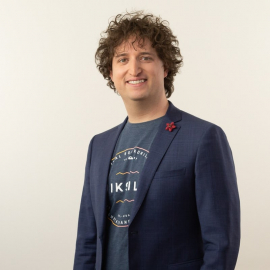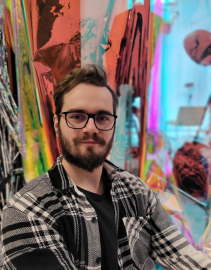Building a Digital Marketing & PR Agency: Lessons from Amanda Walls
What You’ll Learn
In this insightful conversation with Amanda, a Director at Cedarwood Digital, we dive deep into the challenges and strategies behind building a successful SEO agency from scratch. Learn Amanda’s journey from journalism to digital marketing, discover the do's and don'ts of SEO, and gain expert tips on digital PR that will elevate your brand and business.
What You'll Learn:
- How to start and scale an SEO agency from zero
- The importance of networking and building a personal brand
- Navigating the complex world of digital PR for both exciting and "boring" industries
- Tackling SEO challenges like Core Web Vitals and technical SEO |
- Managing client relationships and avoiding toxic clients
- The great debate: Dofollow vs. Nofollow links – which ones really matter?
Whether you're a seasoned marketer or just starting out in digital, this video is packed with actionable advice, funny anecdotes, and valuable lessons from years of industry experience.




